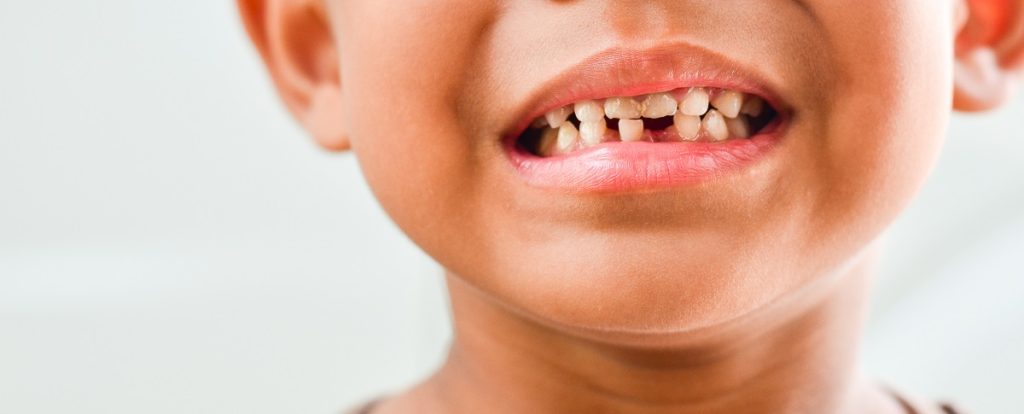- Dental implants offer a durable, natural-looking solution for missing teeth, improving speech and eating comfort.
- Dentures, a removable option, replace all or some missing teeth, enhancing smile, speech, and ease of eating.
- Dental bridges, fixed restorations, and replacement of missing teeth provide long-lasting aesthetics and manageable maintenance.
- Partial dentures, removable devices, can replace several missing teeth, improving oral health.
- Consideration for tooth replacement includes longevity, oral health impact, aesthetics, comfort, personal preferences, and budget.
Missing teeth can be a source of severe discomfort and embarrassment. They can make it difficult to chew correctly, affect the shape of your face, and impact your speech. Fortunately, advances in dental technology have provided practical solutions for replacing missing teeth.
Living with missing teeth can considerably impact your self-esteem and quality of life. In addition to feeling self-conscious when smiling or speaking, people with missing teeth may avoid social interactions altogether.
Moreover, missing teeth can also lead to bone loss, making it difficult to chew and impacting your overall health. This blog post will explore some options for tooth replacement, their benefits, and which option might best suit your needs.
Tooth Replacement Options
Dental technology offers several tooth replacement options for replacing missing teeth, which include dental implants, dentures, dental bridges, and partial dentures. Each of these options has its unique characteristics, benefits, and drawbacks.
Dental Implants

Dental implants are the most popular choice for people with missing teeth, and a good reason. They are a permanent and natural-looking solution that consists of a titanium post inserted into the jawbone, which fuses with the bone to provide a strong and durable foundation for a prosthetic tooth.
Moreover, dental implants have an impressive success rate, rarely require replacement and are highly aesthetic. They can also improve the quality of your life by allowing you to eat and speak naturally without discomfort.
Dentures
Dentures are another popular choice for people with missing teeth. They are removable prosthetic teeth that can replace all or some missing teeth. They are typically made of acrylic or plastic with a metal or acrylic base that fits over the gums.
It has been around for centuries and continues to be a viable option for tooth replacement. They can restore your smile, improve your speech, and allow you to eat comfortably, but they may require frequent adjustment and replacement due to bone loss.
Dental Bridges
Dental bridges are fixed restorations that can replace one or more missing teeth by attaching to adjacent teeth or implants. They consist of prosthetic teeth anchored by dental crowns on abutment teeth or dental implants.
They are long-lasting, aesthetically pleasing, and relatively easy to maintain. However, the procedure involves grinding down healthy teeth to support the bridge, which can compromise their strength and health.
Partial Dentures
Partial dentures are removable prosthetic devices that can replace several missing teeth in one or multiple mouth areas. They are supported by clasps that attach to adjacent teeth or dental implants.
It is also customizable, easy to maintain, and can improve oral health by preventing further bone loss. However, they may not be as stable or comfortable as other tooth replacement options, and you may need to modify your diet and speech patterns to adjust to them.
Factors to Consider When Choosing a Tooth Replacement
When choosing a tooth replacement option, several essential factors must be considered to ensure the best outcome for oral health and overall well-being. Here are three key factors to keep in mind:
Longevity and Durability
It’s crucial to assess the longevity and durability of the tooth replacement option you’re considering. Some options, like dental implants and dental bridges, offer more long-term benefits and can last many years with proper care.
On the other hand, removable options like dentures or partial dentures may require occasional adjustments or replacements over time.
Oral Health Impact
Each tooth replacement option can have different effects on your oral health. Dental implants, for example, integrate with the jawbone, promoting bone preservation and preventing loss. Dental bridges can help maintain the alignment of neighboring teeth.
At the same time, dentures and partial dentures may require regular cleaning and potential adjustments to ensure a proper fit and avoid issues like gum irritation.
Aesthetics and Comfort
The appearance and comfort of the tooth replacement are vital considerations, especially if it’s visible when you smile.
Dental implants and crowns are known for their natural appearance and comfortable fit, resembling natural teeth. Dentures and partial dentures can also be customized for a more aesthetic look and improved comfort.
Addressing Individual Preferences and Budgetary Considerations

There are several individual preferences and budgetary considerations regarding tooth replacement options. Dental implants, while a permanent solution, can be cost-prohibitive to some.
On the other hand, dentistry can be a relatively inexpensive solution for those on a budget but may not be as comfortable or natural-looking as dental implants. Dental bridges can provide a fixed solution lower cost than dental implants but may require removing healthy tooth structures.
Speaking with your dentist about your preferences and budgetary considerations is crucial to determine the best solution.
Missing teeth can be a nuisance, but they don’t have to be permanent. Dental technology provides various options for replacing missing teeth, but each has unique benefits and drawbacks depending on your needs.
Dental implants are the most popular choice due to their longevity, natural-looking appearance, and functionality. However, they may only be suitable for some. Dentures, dental bridges, and partial dentures also offer viable solutions for tooth replacement.
Talk to your dentist to discuss which option suits your needs and budget best. With the right solution, you can restore your smile, improve your oral health, and regain your quality of life.

